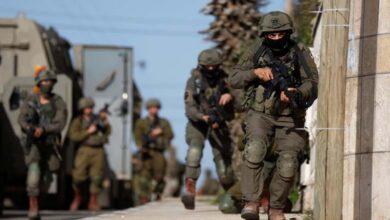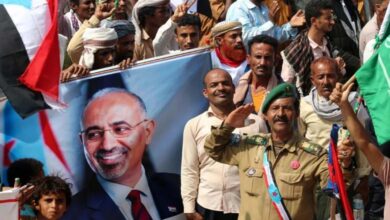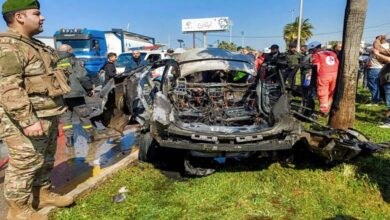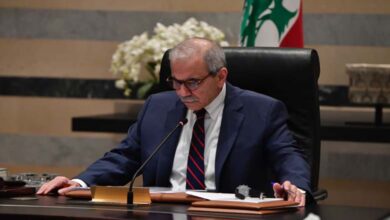Did Israel Decide to Assassinate Nasrallah on the Day He Agreed to the Truce Proposal?
A government source confirms that Hezbollah officially informed the Lebanese government through the Speaker of Parliament on September 27 of its agreement with the international initiative for a ceasefire.
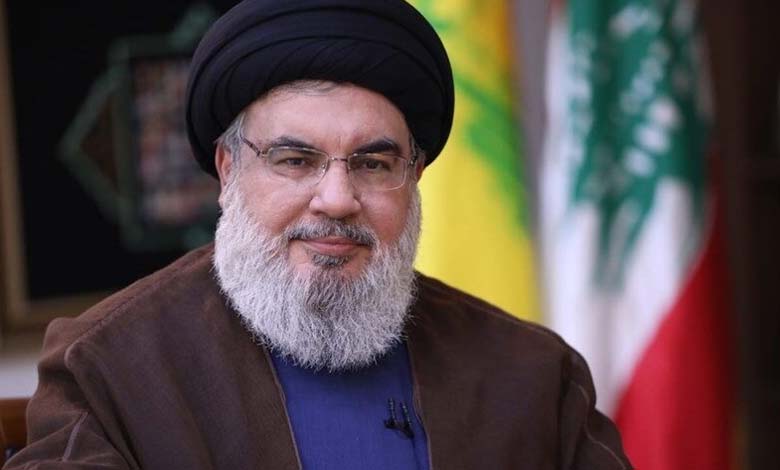
A Lebanese government source revealed on Wednesday that Hezbollah had informed the Lebanese authorities of its agreement to a ceasefire with Israel on the day its leader, Hassan Nasrallah, was killed in Israeli airstrikes. It seems the Iran-backed group was seeking a truce to catch its breath after suffering heavy human losses during the clashes.
-
Hezbollah Foils Israeli Ground Incursion Attempts
-
Disengagement from Gaza: Did Hezbollah accept in private what it publicly rejected?
Since Nasrallah’s death, the government has had no contact with Hezbollah, according to the source, who preferred to remain anonymous.
The source stated that “Hezbollah officially informed the Lebanese government through Speaker of Parliament Nabih Berri on September 27 of its agreement with the international initiative for a ceasefire.”
Hezbollah’s secretary general, Hassan Nasrallah, had repeatedly said before his assassination that the front his fighters had opened from southern Lebanon against Israel, in support of Gaza, would not close until the Israeli offensive on Gaza stopped.
-
Targeted by Hezbollah: What Do We Know About the Israeli Galilout Base?
-
Will Iran Abandon Hezbollah for Its Regional Interests?
On September 26, the United States and France, along with Japan, Qatar, Saudi Arabia, and the UAE, called for an “immediate 21-day ceasefire across the Lebanese-Israeli border to allow diplomacy a chance.”
Acting Prime Minister Najib Mikati informed his international counterparts, while at the United Nations, of Hezbollah’s agreement the following day.
However, on that same day, Israeli Prime Minister Benjamin Netanyahu, in his speech at the United Nations, affirmed his country’s intention to continue bombing Hezbollah in Lebanon.
-
Hezbollah and Revolutionary Guard Experts under Houthi Suspicion: New Arrangements in Yemen
-
Caesarea under Fire: Hezbollah Rockets Near Netanyahu’s Home
Just hours later, Israel launched devastating airstrikes on Haret Hreik in the southern suburbs of Beirut, killing Hezbollah’s secretary general and others.
In a significant statement on Tuesday, Hezbollah’s deputy secretary general, Naim Qassem, said in a televised address: “We support the political movement led by President Berri, with its main objective being a ceasefire,” without directly linking it to a ceasefire in Gaza.
Berri, who leads the Shiite Amal movement, is a close ally of Hezbollah and has been spearheading a diplomatic initiative with Najib Mikati and Druze leader Walid Jumblatt, calling for an immediate ceasefire in Lebanon, separate from the war between Israel and Hamas in Gaza.
-
Hezbollah Engages in Violent Clashes with Israeli Army near Border
-
The Role of Hashem Safi al-Din in Hezbollah: Is He Considered the Second in Command After Nasrallah?
Israel has intensified its airstrikes on various Hezbollah targets in Lebanon since September 23, causing widespread destruction and displacement, and announced the beginning of ground operations along the southern Lebanese border at the end of last month.
Since that date and until Wednesday evening, Israel has killed 1,323 people and injured 3,698 others, including a large number of children and women, in addition to more than 1.2 million displaced people, according to the Lebanese government.








